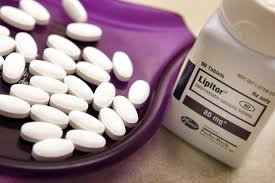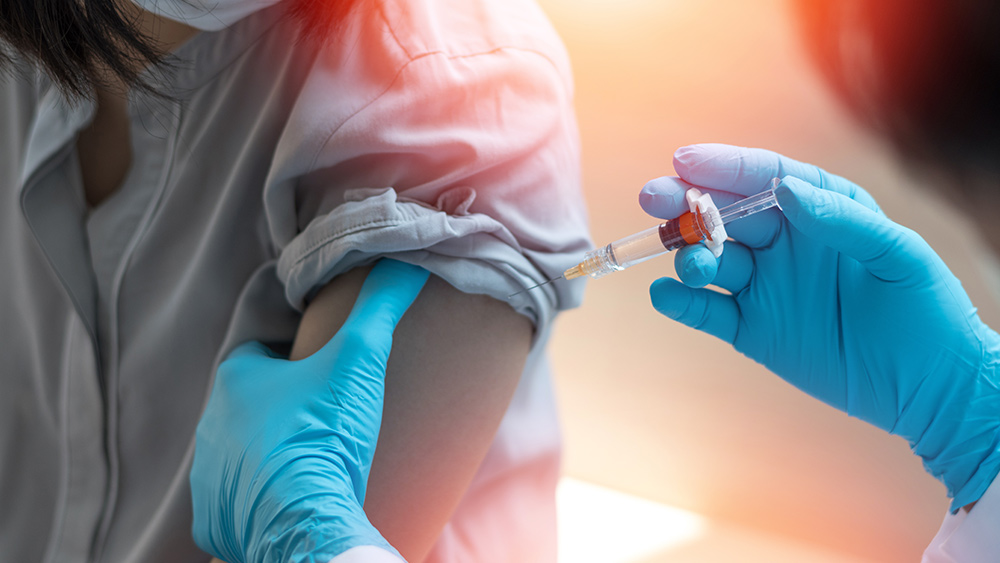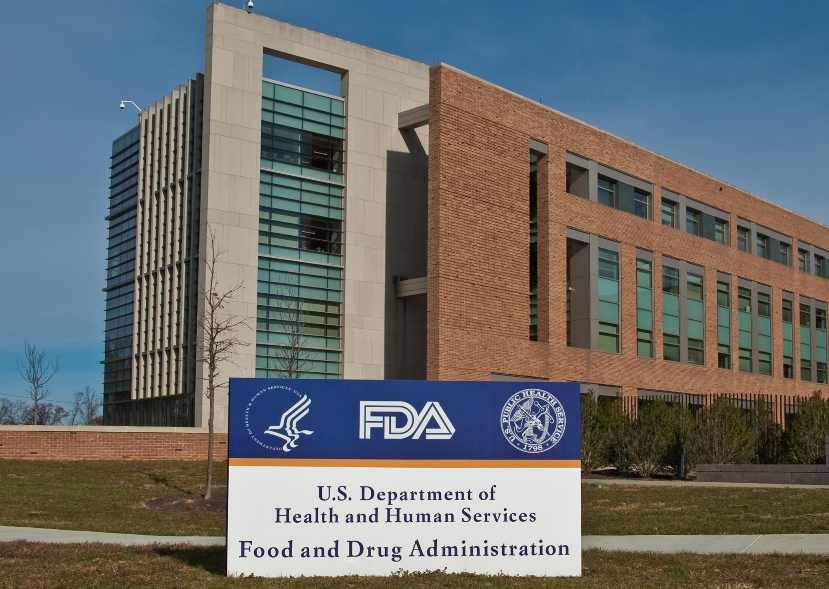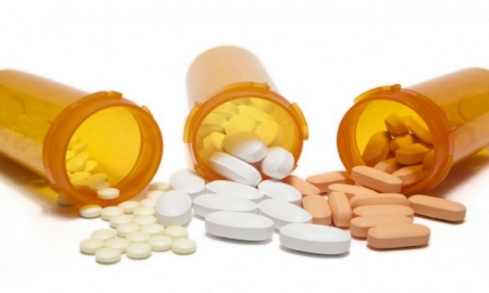Statin drugs, i.e., “mitochondrial toxins,” linked to heart disease, even though they were pushed with promises of PROTECTING the vascular system
01/04/2024 / By Ethan Huff

They are widely prescribed as a solution for clogged arteries, but statin drugs actually accelerate coronary artery calcification, according to a new study.
Research published in the journal Clinical Pharmacology reveals that statins are more aptly described as “mitochondrial toxins” in that they impair normal muscle function in the heart and blood vessels by depleting the body of coenzyme Q10, also known as CoQ10.
An antioxidant that cells use for growth and maintenance, CoQ10 does not synthesize properly when a person takes statins as prescribed by doctors to prevent heart disease, which is said to be the leading cause of death in the United States.
Also vital for the production of ATP, the fundamental energy carrier in cells, CoQ10 is an absolutely vital component of heart health. Without it, ATP production is inhibited and the body is left with an energy deficit that the new study’s authors say “could be a major cause for heart muscle and coronary artery damage.”
“We believe that many years of statin drug therapy result in the gradual accumulation of mitochondrial DNA damage,” the authors write.
(Fact check: Cholesterol is good for health, helping to promote longer life.)
Cut the statins and take CoQ10 to optimize heart health
A 2008 study looked at 50 statin patients to identify side effects like fatigue and muscle pain that are common in people with ATP problems and insufficient CoQ10.
When these 50 were told to stop taking statins and to supplement with CoQ10 for 22 months, all of them saw major improvements in their symptoms. Fatigue, muscle pain, breathlessness, memory loss and nerve pain all decreased when statins were stopped and CoQ10 was started.
According to the researchers involved with that study, the side effects of statins “are far more common than previously published and are reversible with the combination of statin discontinuation and supplemental CoQ10.”
One of the key nutrients the body requires to prevent calcification in arteries is vitamin K. Statin drugs impair vitamin K production, which in part explains why statins contribute to arterial calcification over the long term.
Optimizing vitamin K2 levels in the body helps to prevent plaque buildup and atherosclerosis, a condition marked by the thickening or hardening of arteries.
“Coronary calcification happens when calcium accumulates in the walls of the coronary arteries that provide oxygen to the heart,” one media outlet reported. “This plaque buildup is a sign of early coronary artery disease, which can block blood flow and trigger a heart attack.”
Back in 2021, another study was published that looked at the connection between statin use, vitamin K2 deficiency and coronary artery calcification. That study’s findings were “in agreement with the existing evidence about positive association between statins and vascular calcification.”
Another thing statins damage is selenoproteins, which are carriers of the mineral selenium, another vital nutrient for heart health. There is also growing speculation that statins trigger inflammation, which is another factor in arterial calcification.
“Physicians in general are not aware that statins can cause heart failure and are clearly not recognizing it,” the latest study’s authors stated, adding that doctors who prescribe cholesterol drugs “cannot ignore the moral responsibility of ‘informed consent.'”
“The body naturally makes more cholesterol in an attempt to repair cell membrane damage caused by free radicals,” wrote a commenter. “Free radicals are provoked by environmental toxins such as hidden infection, chemicals and pesticides, even pharmaceutical drugs that liver can’t break down.”
“Lowering cholesterol makes matters worse because the underlying issues are not addressed, and important nutrients such as thiamin and CoQ10 are robbed by the drug.”
Do not be afraid of cholesterol; embrace it. Learn more at Heart.news.
Sources for this article include:
Submit a correction >>
Tagged Under:
Big Pharma, Censored Science, chemical violence, coronary artery calcification, discoveries, health science, heart disease, heart health, mitochondrial toxins, nutrients, pharma fraud, Prescription drugs, real investigations, research, statin
This article may contain statements that reflect the opinion of the author
RECENT NEWS & ARTICLES
COPYRIGHT © 2017 HEART NEWS




















